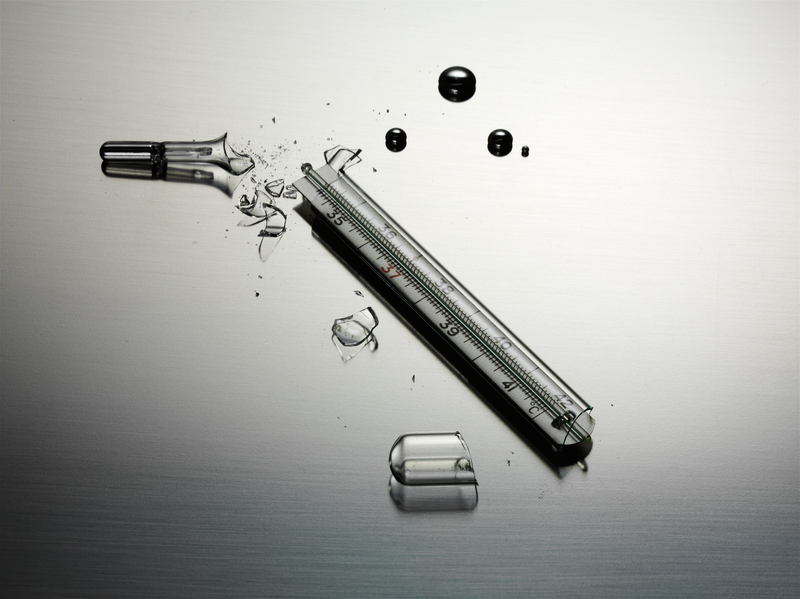In today's rapidly evolving world, the importance of community well-being is paramount as we strive to create a sustainable and harmonious society. One key initiative that has gained significant attention is metal recycling. By addressing environmental, economic, and social aspects, metal recycling serves as a catalyst for enhancing community health and prosperity. Let us delve deeper into the multifaceted benefits of this essential practice.
Understanding Metal Recycling
Before examining its role in fostering community well-being, it's crucial to understand what metal recycling entails. Simply put, metal recycling is the process of recovering and reprocessing scrap metal from products and waste, transforming it into usable raw materials. Commonly processed metals include steel, aluminum, copper, and iron.

The Process of Metal Recycling
The recycling process involves several key steps:
- Collection: Metals are collected from industrial, commercial, and residential sources.
- Sorting: Using magnets and sensors, metals are sorted and separated by type.
- Cleaning: Impurities are removed, ensuring the metal is ready for reprocessing.
- Melting: Metals are melted in large furnaces, tailored to specific metal types.
- Solidification: Molten metal is cast into sheets, bars, or other forms, making it ready for reuse.
Environmental Benefits of Metal Recycling
One cannot overstate the environmental impact of metal recycling in promoting community well-being. Recycling metals reduces the need for raw material extraction, which is often associated with disruptive environmental practices such as mining and quarrying. By doing so, it helps:
- Conserve Natural Resources: Recycling reduces the demand for natural resources, preserving them for future generations.
- Decrease Energy Consumption: Producing new metals from recycled materials is significantly less energy-intensive compared to using virgin ore.
- Lower Carbon Emissions: The energy saved during recycling results in fewer carbon emissions, contributing positively to climate change mitigation.
- Minimize Landfill Waste: Diverting metals from landfills reduces the volume of waste, conserving space and minimizing leachate and emissions.
Economic Advantages of Metal Recycling
The economic implications of metal recycling are profound, affecting individual and community financial health. Here are the pivotal economic benefits:
Job Creation and Economic Growth
Metal recycling is a labor-intensive industry that offers numerous job opportunities across collection, processing, and management sectors. By fostering employment, it drives economic growth and enhances the livelihood of community members.
Cost Savings
Recycling significantly reduces manufacturing costs due to lower energy requirements and decreased dependence on imported raw materials. Businesses that adopt metal recycling often experience reduced operational costs and increased profitability.
Revenue Generation
Many communities generate revenue by collecting and selling scrap metal. This income can be reinvested into local projects, such as infrastructure development and social services, promoting overall community well-being.
Social Impact of Metal Recycling on Community Well-being
The practice of metal recycling fosters a sense of community through social and educational initiatives, promoting awareness and collaboration. The social benefits include:
Education and Awareness
Recycling programs provide educational opportunities for residents to learn about sustainable practices. These initiatives cultivate a culture of environmental stewardship and instill responsibility towards resource conservation.
Community Collaboration and Engagement
Metal recycling efforts often lead to community collaboration. Local programs encourage residents to participate in recycling campaigns, workshops, and events, fostering a sense of unity and shared purpose.
Improved Quality of Life
Through economic gains, environmental improvements, and social engagement, metal recycling significantly contributes to a heightened quality of life for community members. It creates safer, cleaner, and more vibrant living environments, enhancing overall happiness and well-being.

How to Effectively Engage in Metal Recycling
The success of metal recycling initiatives hinges on community involvement and individual action. Here's how you can play an active role:
Individual Action Steps
- Educate Yourself: Understand what metals can be recycled and how the process works.
- Sort and Separate: Properly sort metals from waste to ensure they are recycled efficiently.
- Utilize Local Programs: Participate in local recycling programs or drop-off centers.
- Promote Awareness: Encourage others to take part in recycling through education and advocacy.
Community and Organizational Initiatives
- Implement Collection Drives: Organize community events to collect and recycle metals.
- Partner with Businesses: Collaborate with local businesses and industries to expand metal recycling efforts.
- Support Policy Development: Advocate for policies and regulations that promote/reward metal recycling efforts.
Conclusion
Metal recycling is more than just an environmental necessity; it is a powerful tool for enhancing community well-being. By tapping into its vast potential, communities can achieve sustainable development, economic prosperity, and forge stronger social bonds. As individuals and communities unite to champion metal recycling, the collective benefits will undoubtedly pave the way for a brighter, more resilient future for all.
Engage in metal recycling today, and become a driving force for positive change in your community!